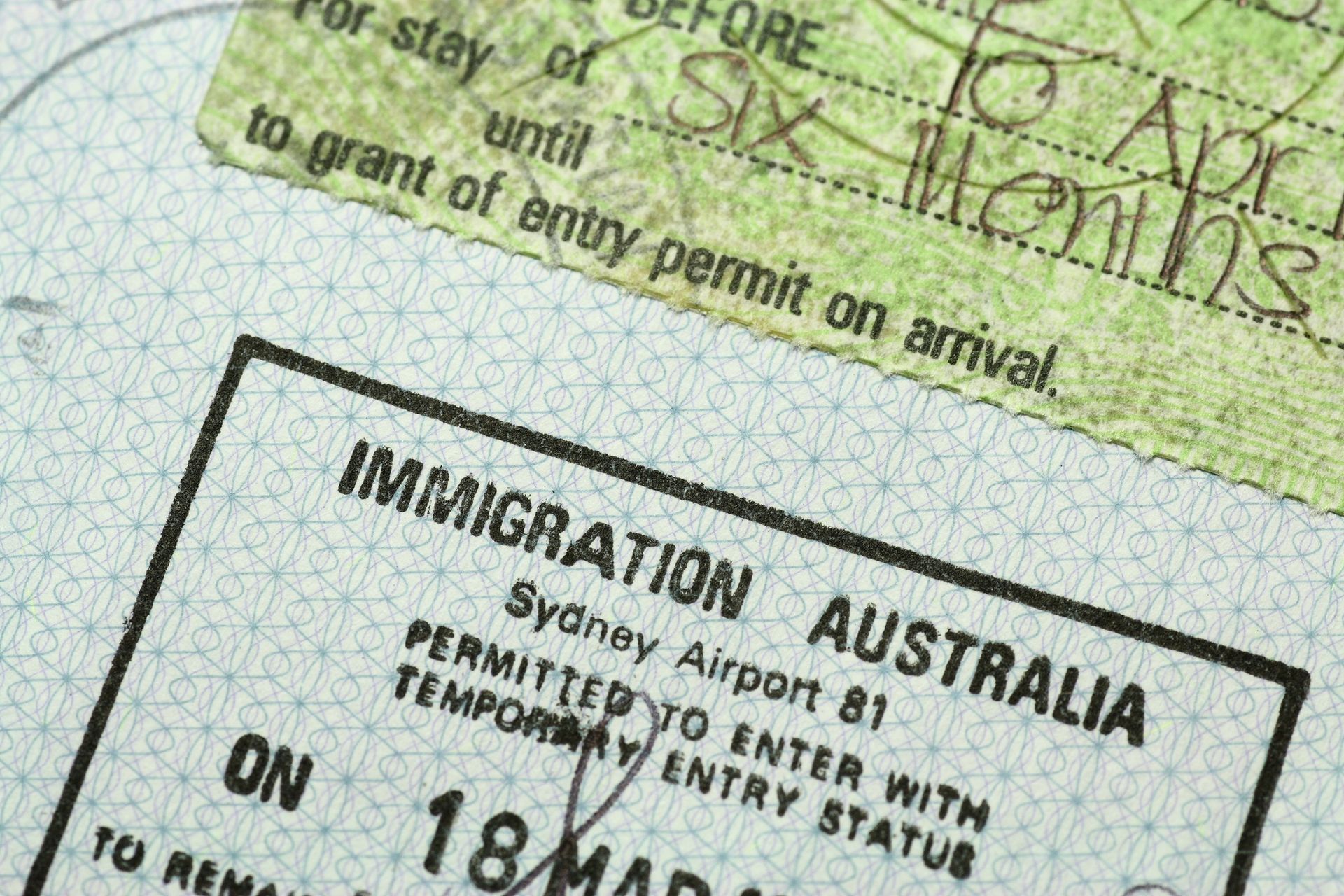Expertise
Deceased Estate Probate
DECEASED ESTATE LAWYERS ENGADINE
Deceased Estate Probate Specialists
We assist executors with the steps involved in applying for probate, managing estate assets, and completing the administration process from start to finish.
Comprehensive Range of Services
Our work includes preparing and lodging probate applications, communicating with banks and financial institutions, collecting and distributing assets, and addressing any issues that may arise along the way.
Readily Accessible
We offer probate services to clients in Engadine and surrounding areas, making it easier to get support during a challenging time.
Tailored Legal Solutions
Every estate is different. We take the time to understand the situation and manage the process with the care and attention it deserves.
Here To Help
Managing a deceased estate often comes at a time of grief, making the process feel even more overwhelming. We assist executors with carrying out the formal steps involved in probate, helping ensure that everything is completed properly so that the estate can be administered according to the person’s final wishes.
How Can Our Engadine Estate Planning Lawyers Help?
The role of an executor carries significant responsibility. From confirming the Will to dealing with financial institutions and distributing assets, there are several important steps that must be followed.
We help with all aspects of administering a deceased estate, including:
- Communicating with banks, super funds and other asset holders
- Preparing the required documents to apply for probate through the NSW Supreme Court
- Responding to any claims made against the estate
- Coordinating the sale or transfer of shares, property or other assets
- Working alongside financial advisors to address tax or stamp duty matters
- Managing the distribution of the estate in line with the Will
Finalising an estate can be complex and time-consuming, especially when legal paperwork and family expectations are involved. We focus on streamlining the process so that everything is completed with care, accuracy and minimal stress.
If you are managing a deceased estate and need help with any step of the process, get in touch to speak with our team.
Frequently Asked Questions
OUR TEAM
Our Expert Lawyers
Speak to a Wills & Estates Lawyer
From drafting your Will to managing probate and complex estate matters, our team offers clear, compassionate legal support tailored to your circumstances.






